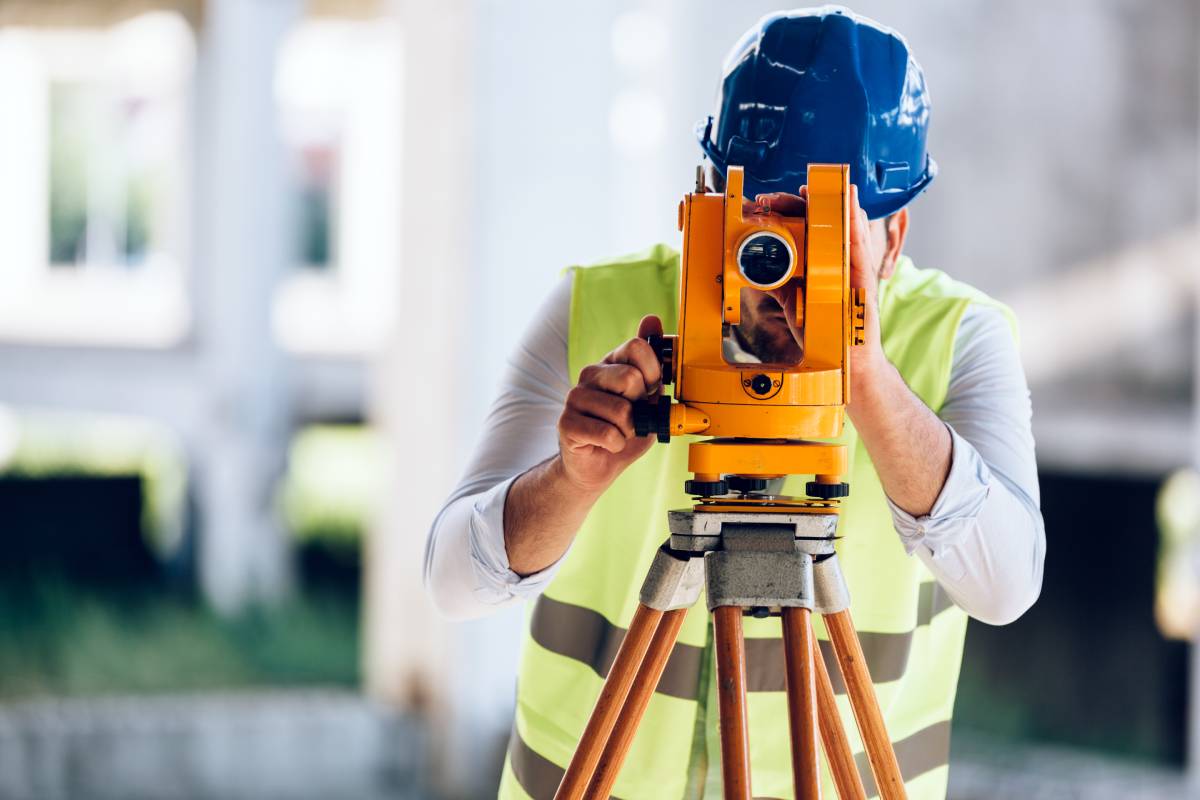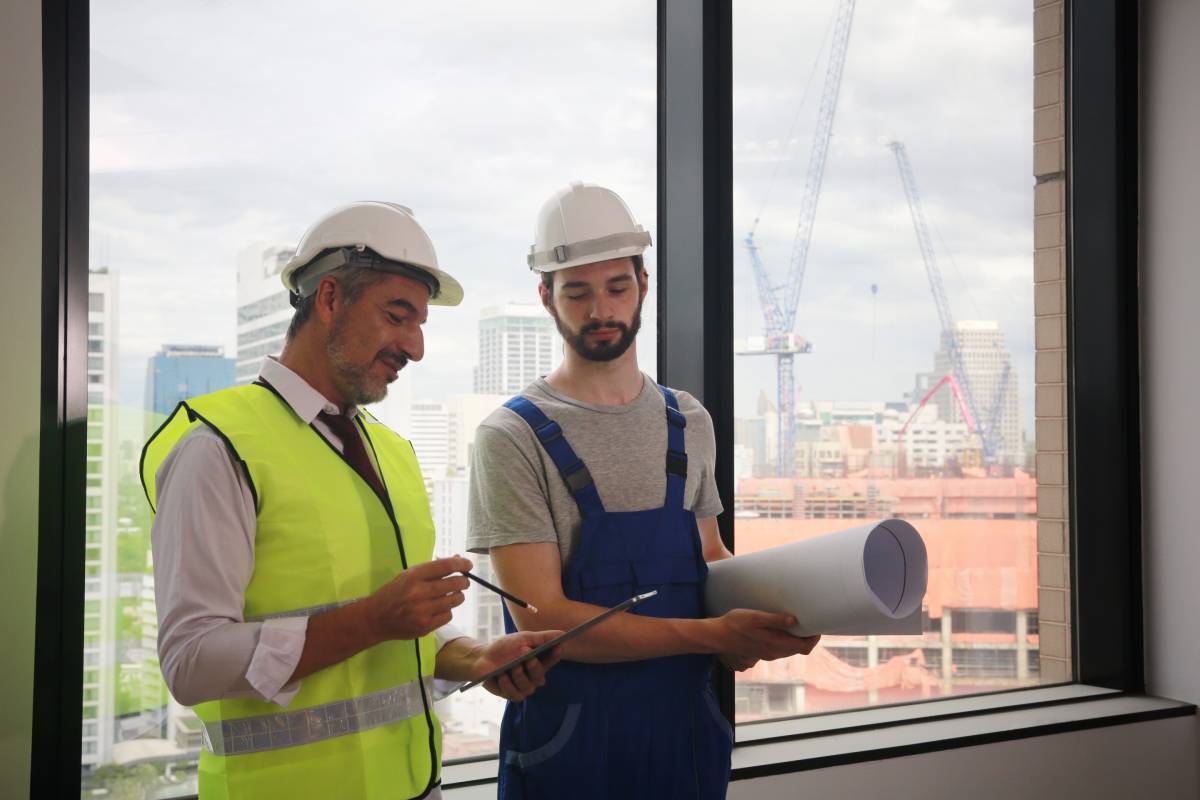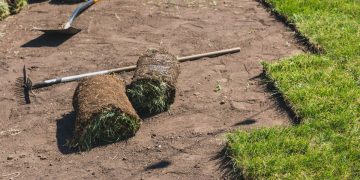Starting a career as a building surveyor is like putting together a puzzle—with education, hands-on experience, and certifications as the pieces.
In this exploration, we’ll break down the steps to becoming a building surveyor, focusing on how education, practical know-how, and professional milestones set the stage for a fulfilling career in construction oversight.
Related story: How do I start my own t-shirt printing business from home? Is selling printed t-shirts profitable?
What is a building surveyor?
A building surveyor is a trained and qualified professional who assesses and evaluates the condition of buildings and structures. Their primary role is to provide expert advice on various aspects related to the construction, maintenance, and renovation of buildings. Building surveyors may work in both the public and private sectors.
Key responsibilities of a building surveyor include:

- Building Inspections: Conducting thorough inspections of buildings to assess their condition and compliance with relevant regulations and standards.
- Compliance: Ensuring that construction projects adhere to local building codes, zoning regulations, and other relevant laws.
- Planning and Development: Reviewing building plans and proposals to ensure they meet legal requirements and advising on the feasibility of projects.
- Building Maintenance: Offering guidance on maintenance and repair issues to ensure the safety and longevity of structures.
- Risk Assessment: Identifying potential risks and hazards associated with buildings and recommending measures to mitigate them.
- Building Certification: Providing certification for completed construction projects to confirm compliance with building codes and regulations.
- Dispute Resolution: Assisting in the resolution of disputes related to building construction and maintenance.
- Environmental Impact: Considering the environmental impact of construction projects and recommending sustainable practices.
Building surveyors play a crucial role in the construction industry by helping to ensure that buildings are safe, compliant, and meet the necessary standards. They may work for government agencies, private companies, or as independent consultants. Additionally, their expertise is often sought during property transactions or when major renovations or alterations are planned.
How to become a building surveyor?
Becoming a building surveyor typically involves a combination of education, practical experience, and professional certification. Here are the general steps to become a building surveyor:

- Educational Requirements:
- Obtain a relevant educational background. Most building surveyors have a degree in a related field such as building surveying, construction management, architecture, or civil engineering.
- Gain Practical Experience:
- Acquire practical experience through internships, work placements, or entry-level positions in the construction or building industry. This hands-on experience is essential for developing a practical understanding of building construction and regulations.
- Professional Qualifications:
- Consider obtaining professional qualifications recognized in your region. In some countries, becoming a chartered or licensed building surveyor may require additional certifications or qualifications from professional bodies such as the Royal Institution of Chartered Surveyors (RICS) or other local equivalents.
- Networking:
- Build a professional network by attending industry events, joining relevant associations, and connecting with experienced building surveyors. Networking can provide valuable insights, job opportunities, and mentorship.
- Specialization:
- Consider specializing in a specific area of building surveying, such as conservation, environmental sustainability, or project management. Specialization can enhance your expertise and make you more competitive in the job market.
- Stay Informed:
- Keep up-to-date with changes in building codes, regulations, and industry trends. Continuous learning is essential in a field where regulations and best practices may evolve over time.
- Professional Registration:
- In some regions, building surveyors may need to register or obtain a license to practice. Check the specific requirements in your area and ensure compliance with any regulatory bodies.
- Build a Portfolio:
- Assemble a portfolio showcasing your education, practical experience, and any notable projects you’ve been involved in. A strong portfolio can be valuable when applying for jobs or seeking promotions.
- Job Search:
- Look for job opportunities with government agencies, construction companies, consulting firms, or property management companies. Job boards, career fairs, and professional networking platforms can be useful for finding relevant positions.
- Professional Development:
- Engage in ongoing professional development to stay current in the field. Attend workshops, seminars, and training programs to enhance your skills and knowledge.
Key Skills for Building Surveyors
While qualifications are crucial for a career in building surveying, your personal skills play an equally important role. Here are the essential skills that building surveyors need:
- Effective Communication:
- Ability to communicate well, both in writing and verbally.
- Mathematical Proficiency:
- Strong numerical analysis and analytical thinking skills.
- Interpersonal Skills:
- Capability to build and nurture relationships with others.
- Creative Problem Solving:
- A creative approach to solving problems.
- IT Proficiency:
- Strong skills in using information technology.
- Project Management:
- Good project management skills to handle tasks efficiently.
- Patience and Pressure Handling:
- Patience and the ability to work effectively under pressure.
- Initiative:
- The ability to use your initiative to tackle challenges.
- Resilience and Determination:
- Resilience and determination in facing obstacles.
- Teamwork and Motivation:
- Strong teamwork and motivation skills.
- Commercial Awareness:
- Understanding of commercial aspects related to the profession.
It’s also important to maintain a reasonable level of fitness and mobility, as the job may involve working on scaffolding or navigating challenging spaces. It’s worth noting that the profession is inclusive, welcoming individuals with physical disabilities.

How much could a building surveyor earn in Australia?
Australia’s construction industry, ranked as the third-largest, employs over a million individuals and contributes over $360 billion annually to the economy (Australian Industry and Skills Committee, 2022).
The growth of Australia’s built environment is rapid, requiring a continuously expanding workforce. Building surveyors play a crucial role in virtually all building projects, from the initial design phase to completion.
Job Opportunities for Building Surveyors
Building surveyors are highly sought after throughout Australia. Students studying building surveying often find job opportunities while still in school, allowing them to both earn and learn simultaneously. Additionally, students can expect a decent starting salary, typically around $80,000 annually. As building surveyors gain full qualification and specialize in their chosen fields, their earning potential increases, ranging from $150,000 to $250,000. The specific field of work chosen significantly influences their earning capacity.
Conclusion
To sum it up, becoming a skilled building surveyor is a dynamic journey. With a solid education, real-world experience, and a commitment to staying updated, individuals can become experts in ensuring safety and compliance in construction.
As the construction world keeps changing, building surveyors stay crucial. By constantly learning and caring about safety, they shape the way we build for today and tomorrow. So, if you’re looking to become a building surveyor, keep learning, stay on top of industry shifts, and embrace the passion for making our built world safer and better. It’s not just a personal achievement—it’s a commitment to community well-being and the future of construction.
















































